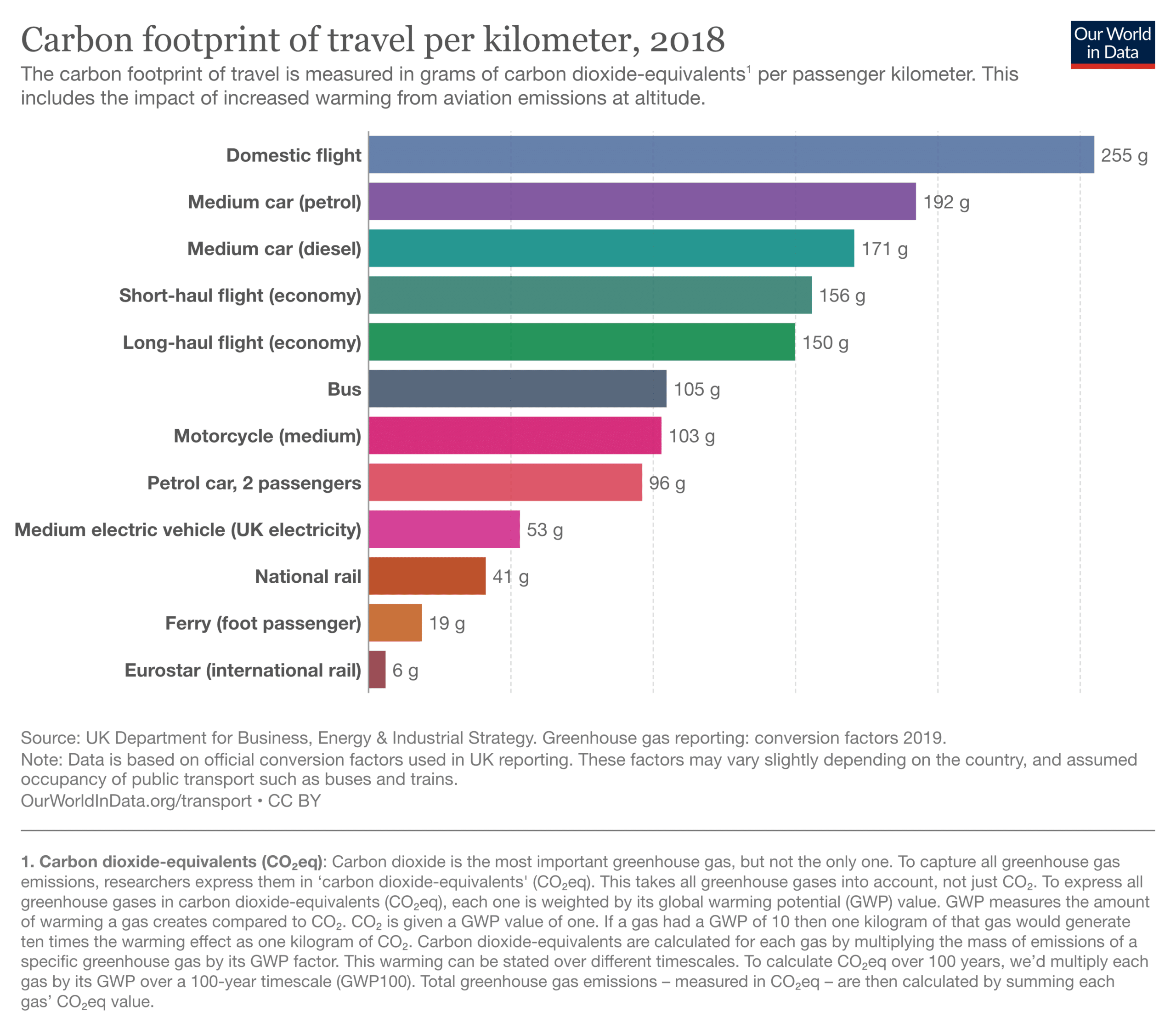


Like that of France, the measure is intended to end short-hop city-to-city flights, Spain’s coalition government, formed of the Sumar and PSOE parties, reached an agreement on 21 February on the ban of short haul domestic flights where a rail connection that takes less than 2.5 hours exists.
Towards the end of last year, before the coalition was formed, Sumar leader Yolanda Díaz proposed that short haul flights should be scrapped if a rail connection shorten than 5 hours existed, but the plan has been amended to be a little more realistic. Besides the shorter train journey condition, the new proposal excluded flights to and from international aviation hubs, like Madrid, from the ban.
Even the previous plan was criticised by Spanish environmental group Ecologistas en Acción, saying it was “purely symbolic” due to its limited applicability as only a reduced number of routes would be impacted.
The European Commission said that such regulations can only take effect if there are genuine rail alternatives available for the same route — meaning several direct connections each way daily.
For France, the ban affects routes linking Paris-Orly airport to the Western cities of Bordeaux and Nantes, and Lyon in east-central France.
The three air routes have been discontinued since there is a high-speed rail alternative that links the destinations in less than two-and-a-half hours. For the ban to apply, there must also be enough trains running in the early and late hours of the day to enable travellers to spend at least eight hours at their destination.
For the case of Spain, Spanish airline association ALA pointed out that, where possible
“in recent years, passengers have already shifted from planes to trains”.
According to the association’s president, Javier Gándara, up to 80% of the Spanish domestic routes are now operated by train, in the case of Madrid – Valencia, over 90% of travellers already take the train instead of plane.
Ecologistas en Acción conducted research in October 2023 that showed that up to 35% of Spain’s domestic flights could be replaced by train, which would result in a 10% reduction of the country’s carbon emissions, or about 300,000 fewer tonnes per year. However, the analysis mainly focused on flights to and from Madrid, which are unlikely to be affected under the new proposal since Madrid is an international hub.
As per apublication from the Earth.org, using a train instead of a domestic flight would reduce a passenger’s emissions by approximately 84%.

Citing data from the College of Aircraft Engineers, Guillermo Mariscal, of the opposition PP party, has said that the ban would only result in a 0.06% reduction in the country’s emissions. Calling the initiative “ineffective” and “outrageous”, Mariscal has criticised the minimal climate impact in comparison to a potential reduction of 4.5 million tourist per year.
However, the exact effect of the ban cannot yet be determined, as the initiative still has to go through several stages of amendments before it will be voted on by the Senate. Until then, how many routes will be affected remains unclear, thus so does the amount of saved emissions or potential impact on tourism.
Iberia is resisting the idea. In a report published earlier this year, it said that domestic flights are responsible for less than 1 percent of Spain's CO2 emissions, and that flights from the Spanish capital to other big cities contributed €329 million to the country's GDP last year.
You may like to read.....
